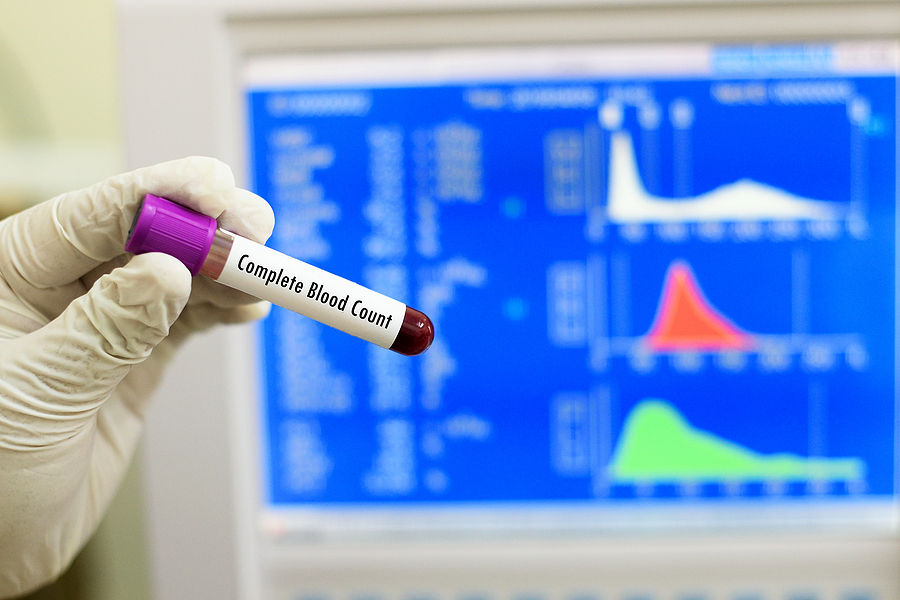What Should You Do And Not Do Before A Blood Test?
- Sarah
- Sep 11, 2025
- 2 min read
The human body is an ever-changing interconnection of complex systems that keep us alive and thriving every single day, and phlebotomy is one of the most important ways to ensure that these systems are working as they should.
One of the best and simplest ways for doctors and pharmacists to understand how your body is working is through blood tests.
There are so many tests that can be done on a small sample of blood, and we can offer specialist, bespoke testing if you have particular requirements, such as drug testing or diagnosing rare genetic disorders.
Our specialists will get in touch and let you know everything they can do for you and how to prepare for the test beforehand.
Here are some simple steps to take (and some not to take) in order to prepare for an upcoming blood test.
Do: Keep Hydrated
A doctor may ask you to follow certain dietary instructions or fast for a few hours before the test to ensure that there are no blood sugar spikes or changes in cholesterol levels that could lead to a false positive reading for a potential health issue.
However, what you should do before the test is drink lots of water. Not only is it good for your health in general, but it also helps to make drawing blood easier, faster and painless.
Do Not: Smoke Or Drink Alcohol
A small bite of food can create inaccurate readings, but both smoking and drinking alcohol can have a huge effect on your blood and lead to readings that could indicate conditions that are not there.
Alcohol causes dehydration, whilst smoking allows for a number of chemicals to enter the bloodstream. In general, try to avoid either for at least 24 hours before you have any type of blood test.
Do: Wear Loose Clothing
Whenever you have an appointment where you might have tests to do, it is always best to make yourself comfortable, but make sure that you wear a short-sleeved shirt or one with loose sleeves that can be easily rolled up.
This will make the process of taking a blood sample far easier.
Do Not: Have An Intense Workout
Much like food and drink, exercising can shift certain electrolyte and enzyme levels in the blood, as well as contribute to dehydration if you do not drink enough water the day before.
In particular, if you drink sports beverages or take supplements as part of your routine, avoid doing so the day before you test to avoid changing the results.
Do: Let Your Doctor Know About Your Medications
Some prescription medications can affect the results of your blood tests, but rather than stop taking them, let your doctor know so that they can give you advice on what to do next or take your medications into account when testing certain blood markers.
Do Not: Stress Too Much About The Test
A blood test takes just a few minutes to do and is painless. Try not to stress too much, as this can affect blood pressure and certain hormone readings in your blood.
.png)



Comments